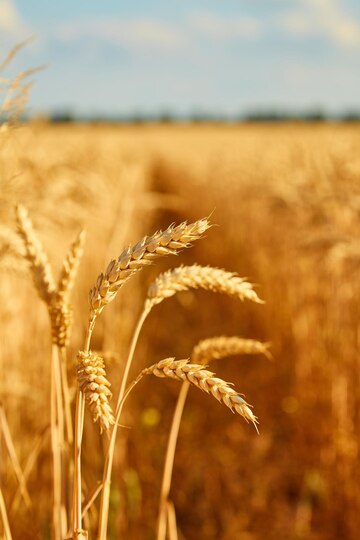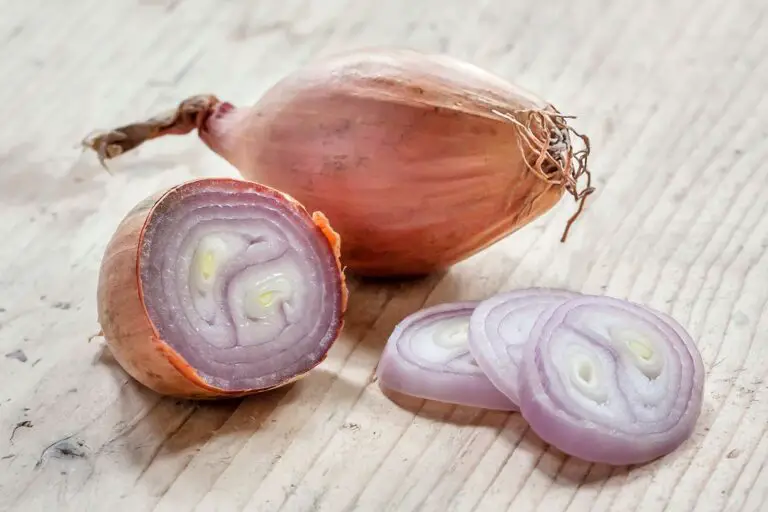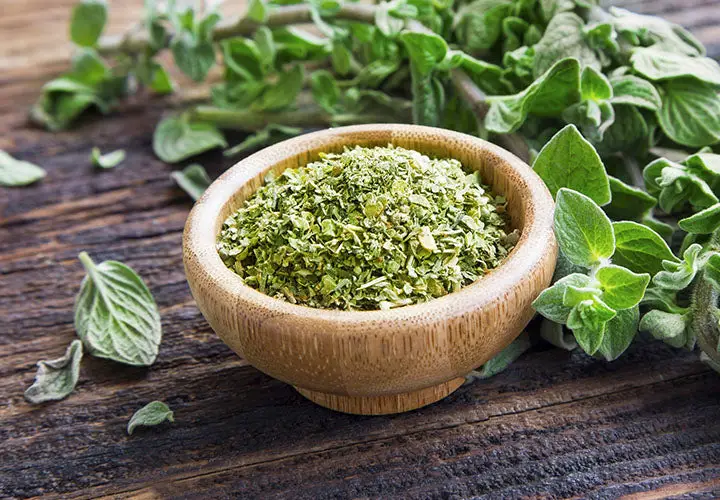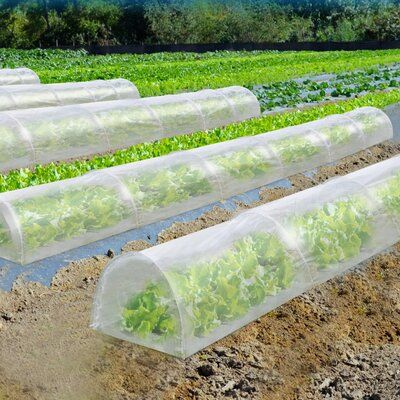Barley: A Grain for Brewing and Bread
Table of Contents
Barley’s Contribution to Sustainable Agriculture: Drought Resistance and Crop Rotation
Drought is a significant challenge faced by farmers around the world, and barley has proven to be a valuable crop in combating this issue. Due to its deep root system, barley can access water from deeper layers of the soil, making it more resilient to drought conditions. This ability to withstand extended periods of dryness makes barley an excellent choice for sustainable agriculture practices.
In addition to its drought resistance, barley also offers benefits to crop rotation strategies. Crop rotation involves alternating the types of crops planted in a specific area over time to improve soil health and reduce the risk of pests and diseases. Barley, with its ability to break up compacted soil and suppress weed growth, can play a vital role in this rotation system. By planting barley in rotation with other crops, farmers can enhance soil fertility, reduce soil erosion, and promote a healthier farming ecosystem.
By harnessing the drought resistance capabilities of barley and incorporating it into crop rotation strategies, farmers can build a more sustainable and resilient agricultural system. The use of barley in sustainable farming practices not only helps farmers combat water scarcity but also contributes to a healthier soil ecosystem, increased crop yields, and reduced reliance on chemical inputs. With the ever-increasing challenges posed by climate change, harnessing the benefits of barley is an important step towards achieving sustainable agriculture.

Exploring Alternative Uses for Bar
As gardeners and agricultural enthusiasts, we are always looking for ways to maximize the potential of the plants we cultivate. Barley, with its impressive adaptability and versatility, is no exception. While most commonly known as a crop used for brewing and livestock feed, there is a world of alternative uses for this remarkable grain that should not be overlooked.
One such alternative use is in the production of barley grass, which has gained popularity in recent years for its numerous health benefits. Barley grass is packed with nutrients such as vitamins A, C, and E, as well as minerals like calcium, iron, and potassium. It is also rich in antioxidants and chlorophyll, which are believed to have detoxifying effects on the body. Whether consumed in the form of juice, powder, or capsules, barley grass offers a convenient and nutrient-dense addition to any diet.
Let’s explore some alternative uses for barley and discover suitable substitutes. Barley is a versatile grain, but if you’re looking for alternatives, here are some options:
| Barley Use | Substitute | Why It Works |
|---|---|---|
| Hearty Soups and Stews | Quinoa | Quinoa has a nutty flavor and fluffy texture similar to barley. It’s also gluten-free and protein-packed. Use a 1:1 ratio when substituting quinoa for pearl barley. |
| Risotto | Farro | Farro offers a nutty flavor and chewy texture like barley. It’s an ancient grain that works well in soups and salads. |
| Salads and Pilafs | Bulgur Wheat | Bulgur wheat cooks faster than barley and adds great body to dishes. Substitute it 1:1 for pearl barley. |
| Breakfast Porridge | Oats | Oats provide a pleasant chew and can be used in warming breakfast porridge. |
| Gluten-Free Option | Buckwheat | Despite the name, buckwheat is gluten-free and has a mild, nutty flavor that mimics barley. |
Remember to adjust cooking times and liquid amounts based on the specific substitute you choose. Enjoy experimenting with these alternatives! .
Another promising avenue to explore is the use of barley straw as a natural alternative to chemical pesticides in gardens and agriculture. Barley straw has been found to release compounds that inhibit the growth of algae and other unwanted aquatic plants in ponds and water bodies. This environmentally friendly approach can help maintain water clarity and prevent the overgrowth of invasive species without introducing harmful chemicals into the ecosystem. Additionally, the decomposition of barley straw can provide organic matter that enhances soil fertility, making it a win-win solution for both water management and soil health.
In conclusion, while barley’s traditional uses in brewing and livestock feed are well-known, there is a world of alternative uses for this versatile grain waiting to be explored. From the nutrient-packed barley grass to the eco-friendly use of barley straw as a natural pesticide, the potential benefits of integrating barley into various aspects of gardening and agriculture are undeniable. By embracing these alternative uses, we can tap into the immense potential of barley and further contribute to sustainable and environmentally conscious practices.
Please do watch video!
Can barley contribute to sustainable agriculture?
Yes, barley plays a significant role in sustainable agriculture due to its drought resistance and suitability for crop rotation.
How does barley contribute to drought resistance in agriculture?
Barley has evolved to be more tolerant of drought conditions compared to other crops. Its ability to withstand water scarcity makes it beneficial for agricultural practices in arid regions.
What is crop rotation, and how does barley fit into it?
Crop rotation is the practice of growing different crops in a specific sequence on the same piece of land over time. Barley is often used as a rotation crop because it helps break disease and pest cycles, improves soil health, and reduces weed growth.
Are there any alternative uses for barley apart from agriculture?
Yes, barley has various alternative uses. It can be utilized in the production of malt for beer and whiskey, as an ingredient in bread and other food products, and even as feed for livestock.
Can barley be used in the production of biofuels?
Yes, barley can be used to produce biofuels. It can be converted into bioethanol, which can serve as a renewable energy source.
Does barley have any nutritional value for human consumption?
Absolutely, barley is not only versatile but also highly nutritious. It is a good source of dietary fiber, protein, vitamins, and minerals. It has been linked to various health benefits, such as improving digestion and reducing the risk of heart disease.
Can barley be grown organically?
Yes, barley can be grown using organic farming methods. Organic barley is cultivated without the use of synthetic fertilizers, pesticides, or genetically modified organisms (GMOs).
Is barley gluten-free?
No, barley contains gluten and is not suitable for individuals with celiac disease or gluten intolerance.

Nicole Burke is a dynamic writer at SouthElMonteHydroponics, fueled by her passion for horticulture and environmental sustainability. Armed with a degree in Environmental Science from a renowned institution, Nicole’s expertise lies in hydroponic gardening, organic farming, and biodiversity conservation. Her insatiable curiosity and love for nature drive her to explore innovative techniques in hydroponics, seeking to revolutionize the way we grow crops in urban environments. Nicole’s writing reflects her deep commitment to promoting eco-conscious practices and fostering a deeper connection between humans and the natural world. Through her engaging storytelling, she inspires others to embrace sustainable living and harness the power of hydroponics for a greener future.






